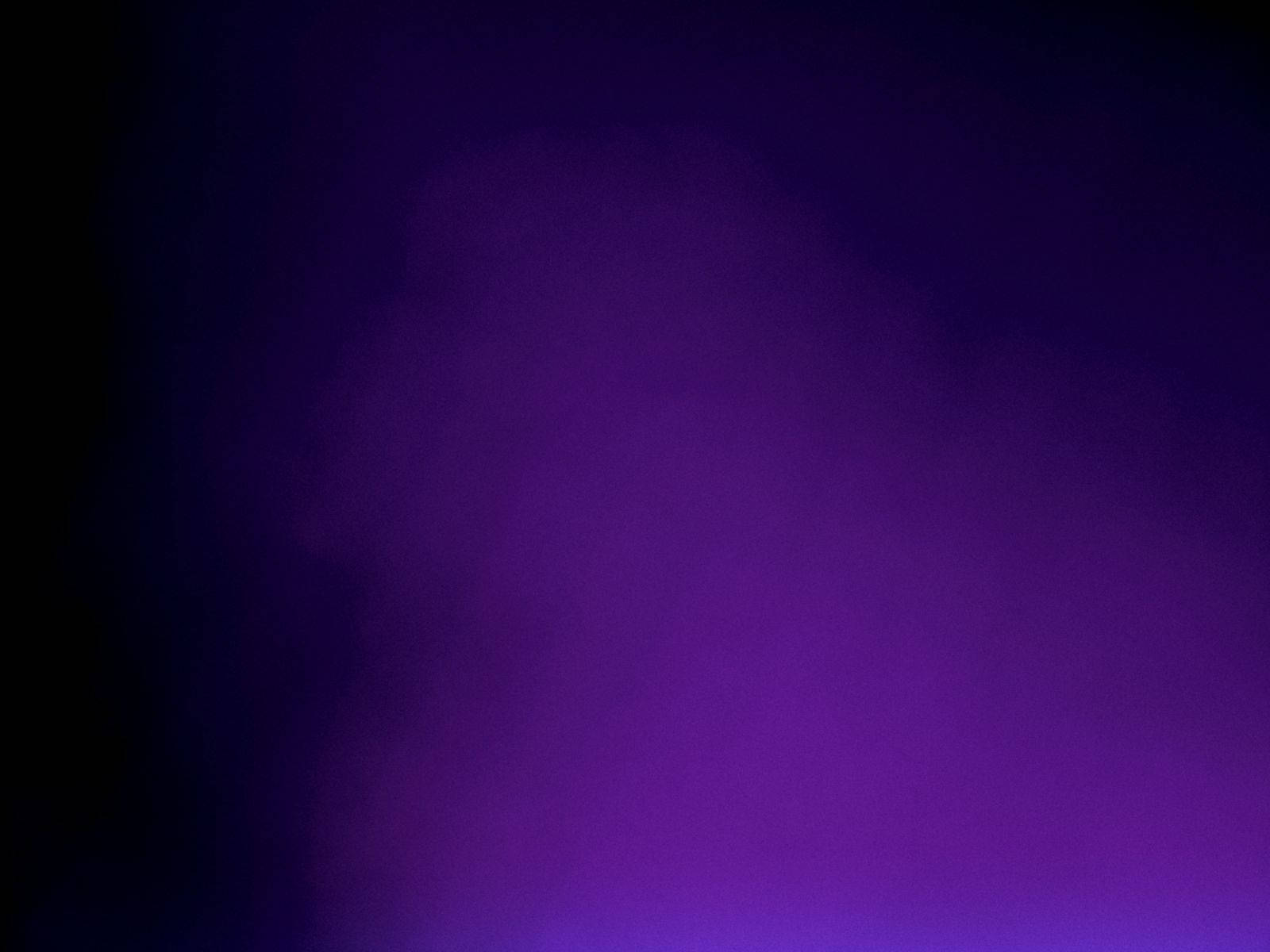
Ever fallen for an enigmatic band, only to find that the mystery becomes half their magic? The name Leo Faulkner keeps surfacing among Sleep Token fans a name, a face, and a voice behind Vessel’s iconic mask. If you’ve ever wondered who’s really singing those haunting Sleep Token choruses, or if you’re piecing together the lore for yourself, you’re in the right place. What’s it like to be a person, yet remain a myth? Let’s lift the veil (a little) on Leo Faulkner of Sleep Token.
Who Is Leo Faulkner? A Life Before the Mask

Leo George Faulkner, a multi-talented British musician, songwriter, and (for a time) humble piano teacher, grew up in the UK and was born on December 22, 1993. From a young age, pianos, guitars, and a deep love for progressive and alternative music pulled him in. Before taking on the Vessel mask, Leo already had a musical résumé: solo work as Dusk, ambient explorations with Gemma Matthews in Blacklit Canopy, and even a taste for jazz covers in short-lived projects like Aurora Jazz.
He honed his craft at the Bristol Institute of Modern Music, surrounded by avant-garde and genre-bending music scenes, which likely fueled the genre-fusing blend fans now hear in Sleep Token. Faulkner’s name quietly appeared in official places too, like ASCAP songwriting credits, long before most knew to look for it.
The Sleep Token Genesis & Leo’s Role

Sleep Token hit the scene in 2016, built around the idea of anonymity and musical devotion (“Sleep Token is not bound by the limits of flesh, but by devotion alone”), a move that would make Vessel’s masked identity iconic and endlessly debated online. Leo wasn’t just the lead vocalist; he became the architect of much of the band’s sound, handling not just vocals but also keys, guitar, and production. The band’s theatrical, ritual-like shows match the spirituality, mythology, and intimacy woven into the lyrics.
If you listen closely, you’ll spot Leo’s fingerprints in more places than just the microphone. He layered piano, arranged harmonies, and, true to his teacher roots, constructed songs that challenge and uplift.
From Blacklit Canopy To Eden

Before Sleep Token’s genre-defying blend, Leo (as Vessel) leaned into more minimalist, ambient directions. Blacklit Canopy’s music favored ethereal, melodic soundscapes, and his solo Dusk project proved he could command attention without a full band behind him. There are even YouTube archives and blog posts from Leo’s earliest creative days still floating online.
But evolution called: influences like Bon Iver, Deftones, Meshuggah, and jazz seeped in, and with Sleep Token, Leo’s voice found a new canvas, one where he’d swap gentle piano balladry for soaring metal choruses, melodic hooks, and even harsh screams across albums like Sundowning, This Place Will Become Your Tomb, and Take Me Back to Eden.
Does It Matter Who the Vessel Really Is?
The debate rages on Reddit, TikTok, and fan forums: “Does knowing Leo’s identity ruin the magic?” Some say yes, insisting the power of Sleep Token is in surrendering to the ritual and not the biography. Others pore over lyrics like references to “Blacklit paradise” and “ancient canopies,” eager to connect the dots between Leo’s past and Vessel’s present.
Despite the mounting evidence, there’s still a sense of unspoken agreement among long-time fans: knowing Leo Faulkner is Vessel doesn’t spoil the mystery, it may add another layer. He’s not hiding; he’s curating how we experience the story, leaving breadcrumbs for those willing to look.
Leo’s Impact, Now & Next
Today, Sleep Token is a global force, with Vessel’s dynamic (and sometimes vulnerable) vocals at the center. Leo’s journey from piano teacher to masked frontman proves just how radically an artist can reinvent themselves, and how anonymity and artistry can go hand-in-hand in the internet era. And as Sleep Token grows, so does the number of fans tracing the legacy back to Leo, digging up his teaching methods, jazz experiments, and moody early work.
So, is Leo Faulkner Sleep Token’s Vessel? Nearly all sources, ASCAP databases, early YouTube archives, fan research, and even errors in streaming credits say yes. But as always, the full story is in the music, in the ritual, and in whatever Vessel chooses to share next.




Comments